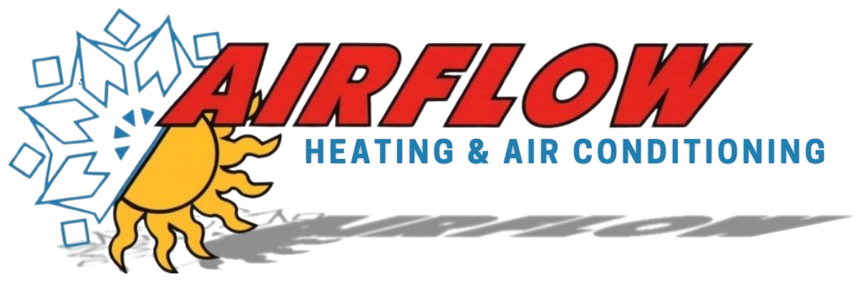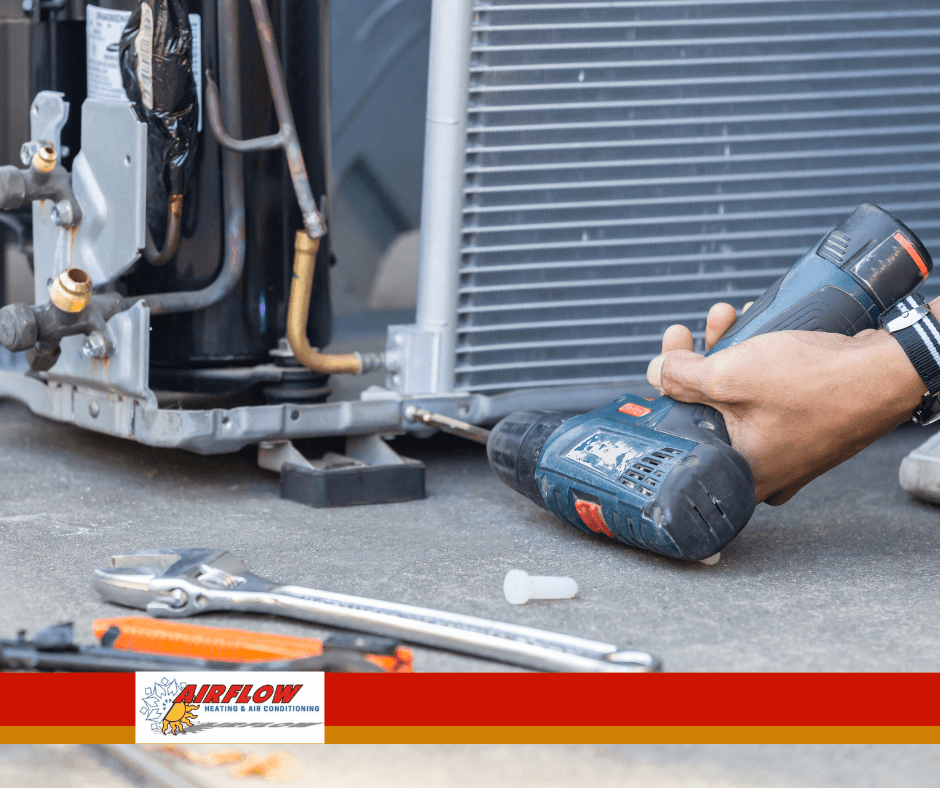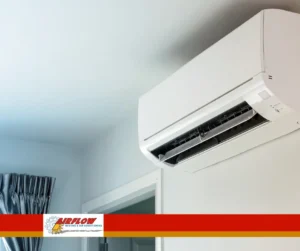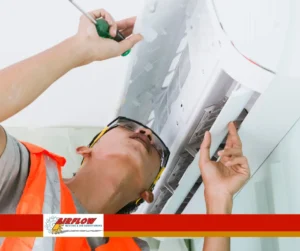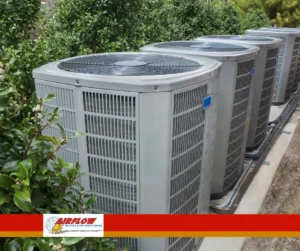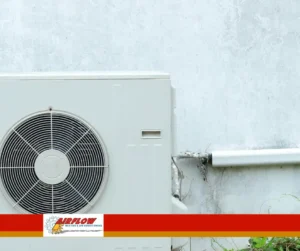Is your air conditioning system not cooling your home properly? A frozen evaporator coil could be the culprit. Understanding how to diagnose and fix this issue is essential to keeping your air conditioning system running efficiently. In this article, we’ll explore the causes, symptoms, and solutions for frozen evaporator coils, with insights on when to seek professional air conditioning repair.
What Are Evaporator Coils?
Evaporator coils play a vital role in your air conditioning system. These coils absorb heat from indoor air, allowing the refrigerant to cool it before it circulates back into your home. When the coils freeze, the cooling process is disrupted, leading to poor AC performance and potential system damage.
Common Causes of Frozen Evaporator Coils
Several factors can lead to frozen evaporator coils. Here are some of the most common causes:
1. Poor Airflow
Restricted airflow prevents warm air from reaching the coils, causing them to become excessively cold and freeze. Common airflow restrictions include:
- Clogged or dirty air filters
- Blocked or closed air vents
- Malfunctioning blower fans
2. Low Refrigerant Levels
Refrigerant is responsible for cooling the air. If levels are low due to leaks, the pressure drops, causing the coils to freeze. If you suspect a refrigerant issue, a professional HVAC technician should perform an inspection and recharge the system.
3. Dirty Evaporator Coils
Dirt buildup on the coils can prevent proper heat absorption, leading to freezing. Regular AC maintenance can prevent this issue.
4. Thermostat Issues
A faulty thermostat may cause the AC unit to run continuously, leading to overcooling and frozen coils. Checking and adjusting your thermostat settings can help prevent this problem.
5. Clogged Condensate Drain
Excess moisture that cannot drain properly may freeze on the coils. Ensuring the condensate drain is clear is crucial for preventing freezing.
Signs That Your Evaporator Coils Are Frozen
How can you tell if your evaporator coils are frozen? Look for these common warning signs:
- Weak or warm airflow from vents
- Visible ice formation on coils or refrigerant lines
- Increased indoor humidity
- Strange hissing or bubbling noises
- Frequent AC shutdowns or reduced cooling efficiency
How to Fix and Prevent Frozen Evaporator Coils
If you suspect your AC unit has frozen coils, follow these steps:
1. Turn Off Your AC
The first step is to turn off the system to allow the ice to melt. Running the AC with frozen coils can damage critical components.
2. Check and Replace Air Filters
Dirty filters restrict airflow, causing the coils to freeze. Regularly replacing your air filters can prevent this issue.
3. Inspect and Clean the Coils
Gently cleaning the evaporator coils helps maintain efficiency. If the coils are heavily soiled, a professional air conditioning repair service may be required.
4. Monitor Refrigerant Levels
If your system has low refrigerant, a certified technician should inspect and recharge it properly.
5. Keep Vents Open and Clear
Ensure all air vents are open and unobstructed to maintain proper airflow.
6. Schedule Regular AC Maintenance
Routine HVAC maintenance helps identify potential issues before they escalate. A professional can clean components, check refrigerant levels, and ensure your AC is in top shape.
When to Call for Air Conditioning Repair
If your evaporator coils continue to freeze despite following these steps, it’s time to call a professional air conditioning repair expert. Ignoring the issue can lead to expensive repairs and reduced AC lifespan.
Final Thoughts
Frozen evaporator coils can be a major problem, affecting your AC’s efficiency and comfort levels. By diagnosing the issue early and taking preventive measures, you can keep your system running smoothly. If you need expert air conditioning repair, don’t hesitate to contact a trusted HVAC professional for reliable service.
Need help with your AC? Get in touch with our experienced air conditioning repair technicians today!
READ MORE:
How Humidity Affects Evaporator Coil Freezing & Repair Solutions
